We’ve all tasted failure. Not every game is about winning and losing, but the vast majority rely on this uncertainty. We want to make that jump, beat that boss, solve that puzzle, keep that beat. Since success tends to bring rewards, whether in the form of simple progress, bonus items, power-ups, or what have you, the possibility of failure keeps things exciting — interesting, in gambling terms.
Traditionally, the biggest failures in video games bring up the dreaded Game Over. That’s it, start over from your last save/checkpoint. Cue the cliche controller hurl from hundreds of lazy TV shows. Then came Dark Souls.
Dark Souls, a game that beat so many players down, over and over again — until they loved it, couldn’t get enough. Kept coming back for more, each time more prepared to overcome the enemy that beat them down. Two direct sequels. Memes upon memes. Bloodborne and Sekiro: Shadows Die Twice from FromSoftware (all referred to hereafter as the Souls series. Don’t make me write Sekirosoulsborne more than once).
A wave of new games that were either described as ‘Souls-like’ or borrowed elements from the Dark Souls formula emerged. PC gamers jumped through hoops to compare games to Dark Souls: ”’Blah blah is the Dark Souls of x’.” What happened? Did we all become gluttons for punishment?
The gaming community didn’t have a collective change of heart. Rather, Souls offered a change of perspective.
Perfectionist play
Pre-internet games, especially on consoles, often had punishing difficulty. The mere mention of Battletoads today still prompts much wailing and gnashing of teeth from gamers of a certain age. This was in part a holdover from arcades, where harder games would be more likely to milk quarter after quarter from the attendees. The industry’s current love affair with microtransactions that let people skip the grind of games they have already bought is just a more sophisticated revival of this strategy.
The post-arcade boom favored less reflex-based games and offered the possibility of saves, level codes, and continues. But even if a game didn’t require a twitchy trigger finger on a joystick, players could often find themselves stuck on a puzzle, for example. It’s no wonder that printed cheats and guidebooks were in such high demand.
Widespread internet access allowed for the proliferation of online walkthroughs, while also raising the threshold for what players would aim for in their games. Someone out there had taken out the toughest monsters, found all the secrets, collected every item, solved every puzzle. And they’d tell you all about it. Why should you miss out on this content?
Games themselves began to lean into this. They sported achievement lists for players to check off while becoming more generous with rewards, autosaves, quest markers, and so on. This wasn’t necessarily a bad thing, but by the time Demon’s Souls came around, the lowering of the stakes across the board had gone a little too far. The time was ripe for some tough love.
Beyond death
The actual difficulty of the combat in Souls games has suffered from a kind of memetic exaggeration, with players talking it up to the point where it has become a truism. What made the Souls series so revolutionary was its approach to death.
In a traditional action game, the death of the player character is supposed to have in-game consequences. But with recovery just a quick checkpoint or seconds-old savegame away, it certainly doesn’t feel that way. The story rejects your failure, basically pretends that it didn’t happen. There’s not much else can you do in a game with living characters and lethal weapons. Verisimilitude demands a game over when Lara Croft or Sam Fisher bites it.
With more fantastic story elements, games could get away with integrating this more smoothly. Prince of Persia: The Sands of Time‘s rewind feature, or the ancestral memory simulation of the Assassin’s Creed games, for example. But these features still basically erase your failures and give you a do-over — Souls forces you to deal with them.
A school of hard knocks
The Souls games weren’t the first to hit upon the idea of an immortal or undead protagonist to make death something other than a fail state. Planescape: Torment and the Legacy of Kain: Soul Reaver games come to mind. But the Souls genius lay in the balance of mechanics around death and saving.
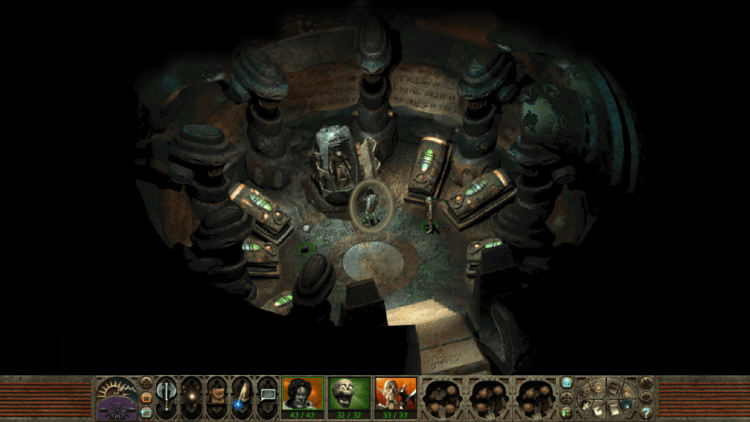
Planescape: Torment’s Nameless One’s immortality was important to the story, but only minimally to the gameplay.
The fact that you would keep ‘hard’ gains like items but lose your currency/XP (souls) unless you went back to your bloodstain raised the stakes and created an exciting tension. You died, but in that death, you may have learned enough about your enemies’ moves to take them down and reclaim your souls.
Enemies were also predictable in their attack routines and placement. Once you studied them and learned how to counter them, you could beat a foe consistently.
The player avatar may have lost XP, but the player gains experience. Combat in the Souls series isn’t a murderer trying to gut you; it’s your karate instructor knocking you down and picking you back up to teach you. Dark Souls is on your side. It wants you to win.
The difference between failure and losing
The thing is, it’s actually impossible to lose at Dark Souls. It’s only possible to fail, multiple times, on the way to victory. This is a different philosophy from say, Dwarf Fortress, in which ‘losing is fun’ but is still the end of your game. It’s also not quite the classic roguelike style, where you usually have to start from scratch after every character death.
In the Souls games, you might lose individual encounters, but it’s part of the process: you have to lose in order to learn. The oft-repeated phrase ‘git gud’ has some genuine advice in it (practice makes perfect), but is sadly often lobbed at players as an insult to make them feel bad about failing when it should be embraced.
It would be a disservice to discuss Dark Souls and failure only from a game mechanics standpoint. The emotional impact of the game counts just as much, if not more.
The internet is full of personal stories from gamers who thank games in the Souls series for helping them through depression or difficult times. I’m among them, but my specific circumstances are less interesting than why this series proved so touching to so many. I was late to the Souls party, starting with Dark Souls III. I was aware of the franchise’s reputation and, after being crushed by Iudex Gundyr well into the teens, it felt like I’d found the most frustrating game in existence. But now, it’s my comfort food. After going on to explore the rest of the Souls family, I still return to Lothric when I need cheering up.
Living with it
Dark Souls is well…dark. Decay, despair, and horror abound. But if you pay attention during Dark Souls games, you’ll notice that they put as much effort into their elements of comfort, cooperation, and hope as they do to all the doom and gloom.
The Dark Souls games have been criticized for their overly baroque and confusing backstory. But the message of the series is simple and clear: the world is harsh and corrupt, and you’re going to fail. A lot. But failure isn’t the end. You might feel like you’ve lost something, but that’s temporary. You pick yourself up, keep trying and learning until an obstacle that seemed impossible becomes routine. At the end of the journey, you may not be able to save the world, but you’re offered a meaningful choice over your destiny. And you earned it.
It’s easy to see why this kind of emotional journey resonates with so many people struggling with their problems. In real life, you don’t get do-overs. Denial doesn’t make your failures go away. But you can live with them, and overcome them. These games aren’t cruel, but, since video game history has conditioned us with expectations of instant gratification, their kindness can be hard to discern at first.
From Lordran to lightsabers
The tough love shown by the Souls series sparked off years of games trying to incorporate failure as something other than a dead-end into their gameplay and story. Star Wars Jedi: Fallen Order is the latest action game to cite Souls as an inspiration. And how much more mainstream can you get than a licensed Star Wars game published by EA?
The next major evolution of this philosophy may not even come from FromSoftware, as curious as I am to see what Elden Ring will bring. The legacy of Souls will continue even as the games industry goes through the various cycles the series is so fond of referencing. For the time being, I’ll raise a Siegbrau to the lessons it taught. Long may the sun shine.

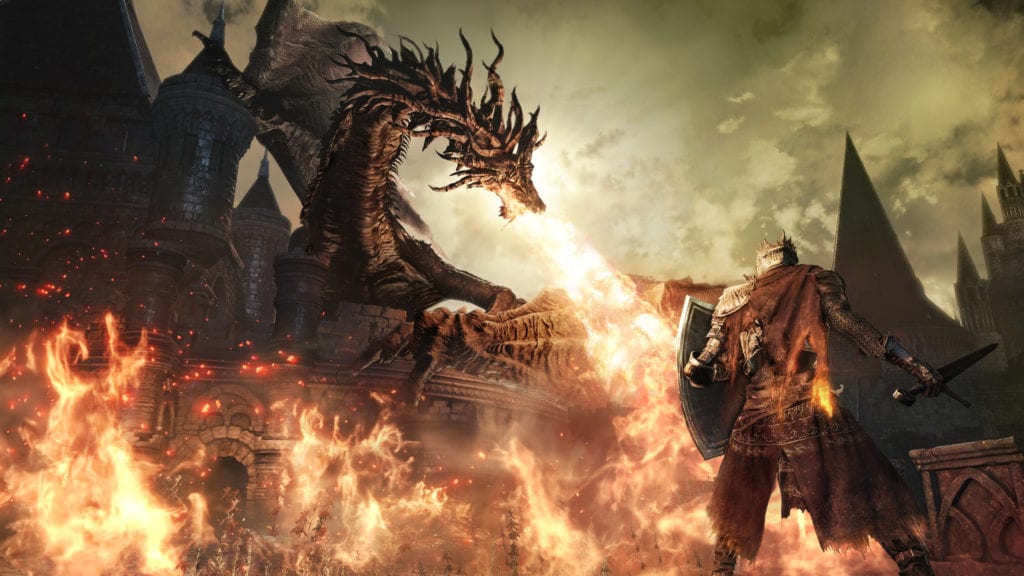
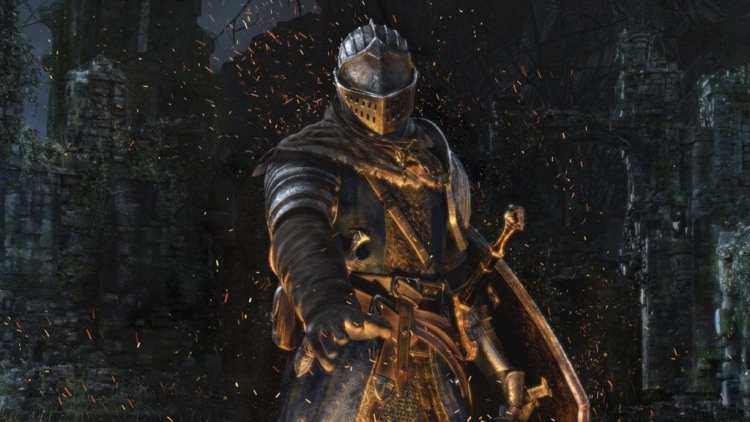
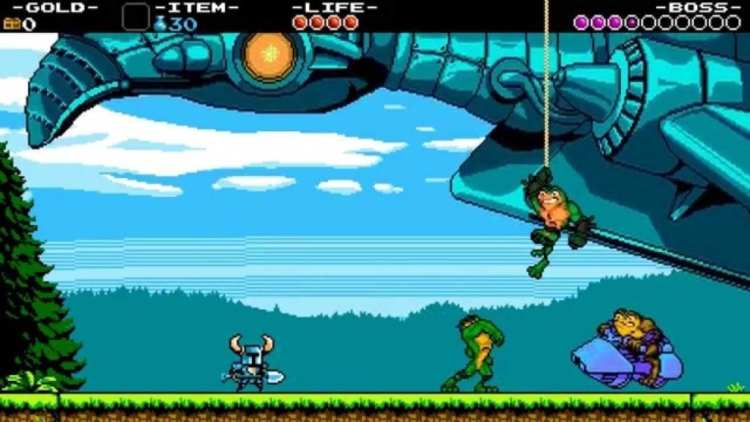
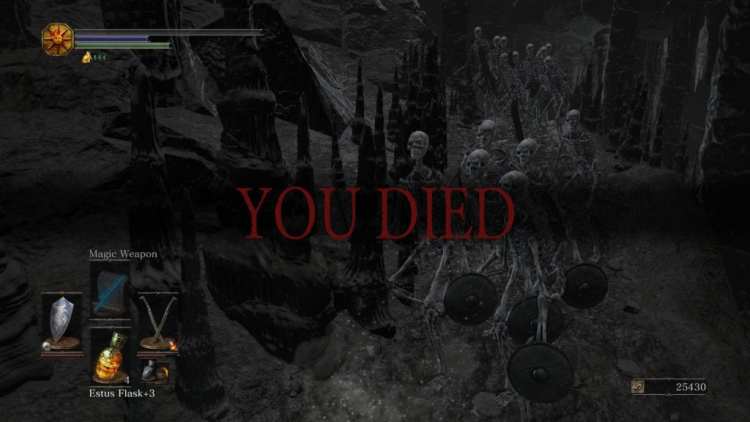
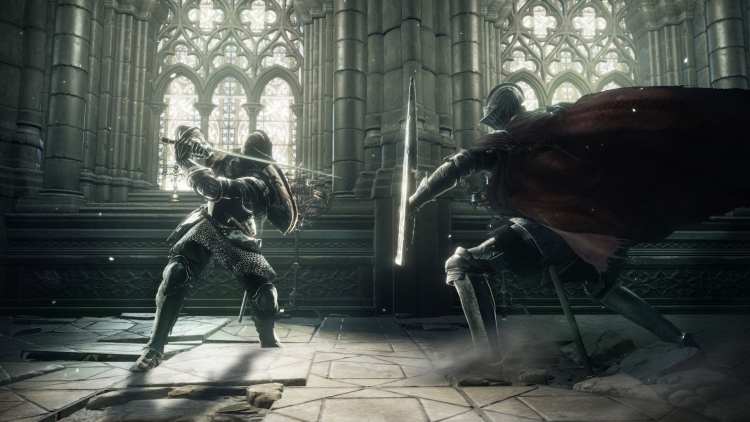
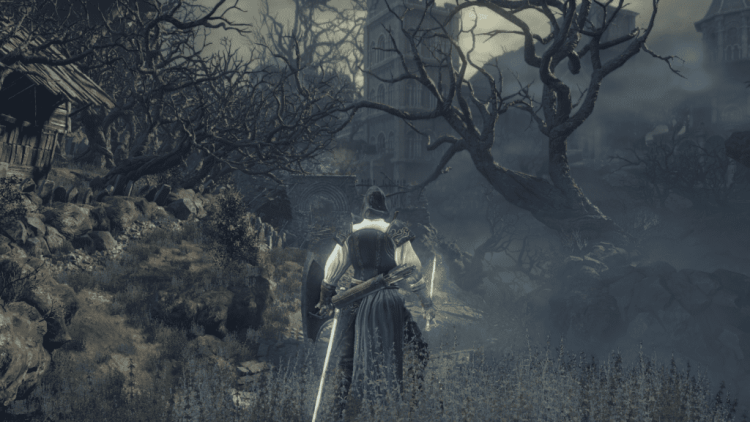





Published: Oct 28, 2019 06:00 pm